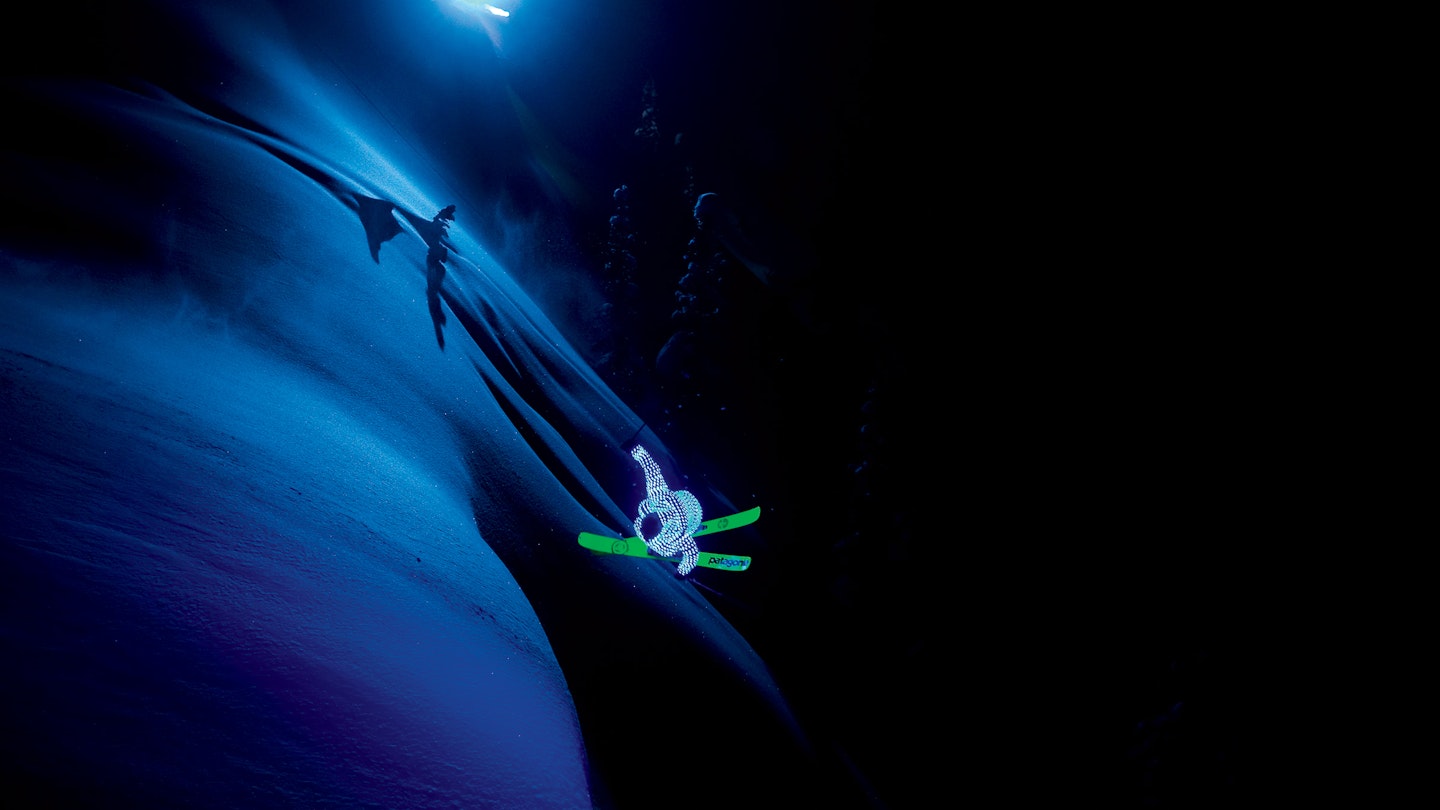Referred to as "a comedy of tears", Afterglow boasts both the kind of tagline and plot to send discerning moviegoers sprinting for the nearest vomitorium rather than the local multiplex. Which is a pity, as this is a gem, deserving of attention.
Julie Christie is Phyllis, a faded B-movie actress descending into a terminal haze of nostalgia while bathing her emotional scars in gin. She's married to Lucky (Nolte), a laid-back odd-job man who is constantly putting his tool in the wrong box. Meanwhile, across town, Marianne (Boyle) is getting monstrously broody and increasingly hysterical over her power-broking husband Jeffrey's (Miller) reluctance - or inability - to perform the necessary manoeuvres.
When Lucky calls to fix their chic but dysfunctional apartment (spot the metaphor anyone?) one whiff of honest sweat and an earful of gravel-throated, blue-collar wisdom persuades her to embark on a torrid affair with the leathery tradesman. Later, both Phyllis and Jeffrey turn up at a swanky hotel to spy on a romantic liaison between their respective spouses. Unaware of each other's identity, they hunker down to some flirting and appear to be heading for an extramarital tryst of their own.
Hardly promising sounding stuff, but in fact Afterglow is a complex, compulsively strange film and an exploration of emotional turbulence that eschews Hollywood convention at every turn. Dialogue is often weirdly stylised and the meticulous narrative, which skitters wildly from drama to pathos to comedy, is permeated with an unsettling air of intangible menace.
Proceedings are further distinguished by Christie who is simply outstanding in a fiercely demanding role. At once vulnerable and infuriatingly obstinate, she imbues her character with heart-rending dignity where a lesser actress might have opted for standard damaged-goods histrionics.
